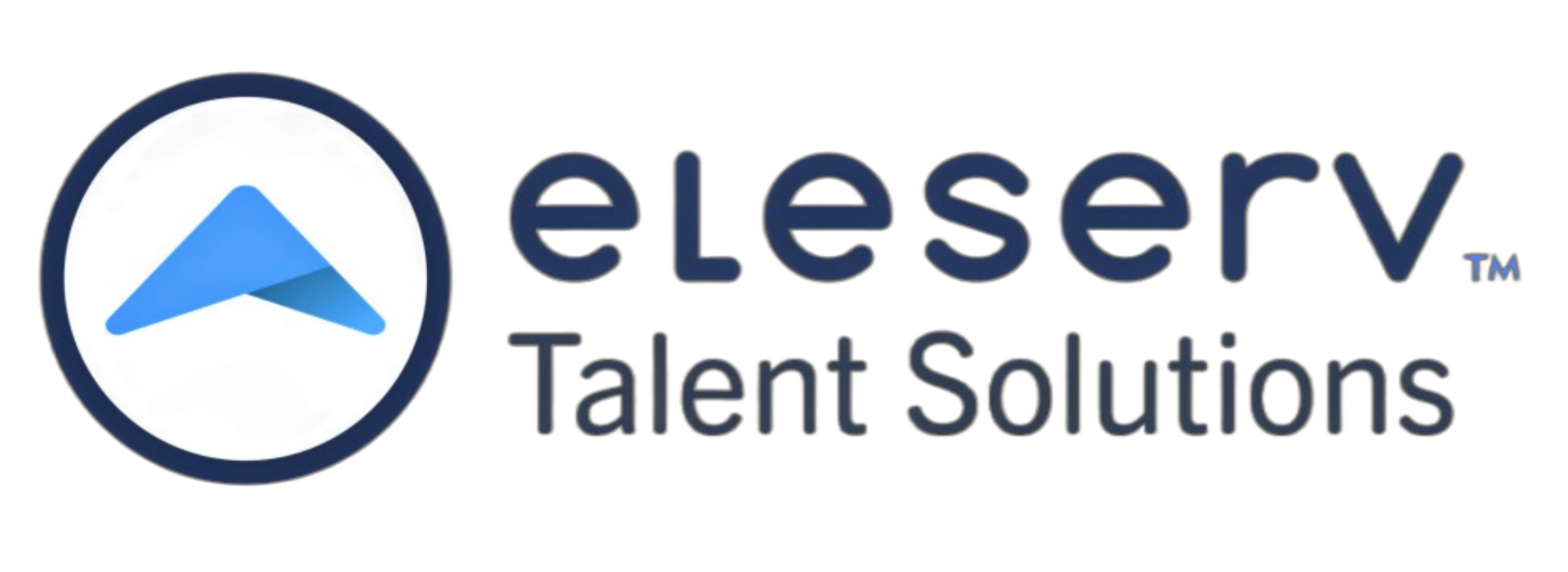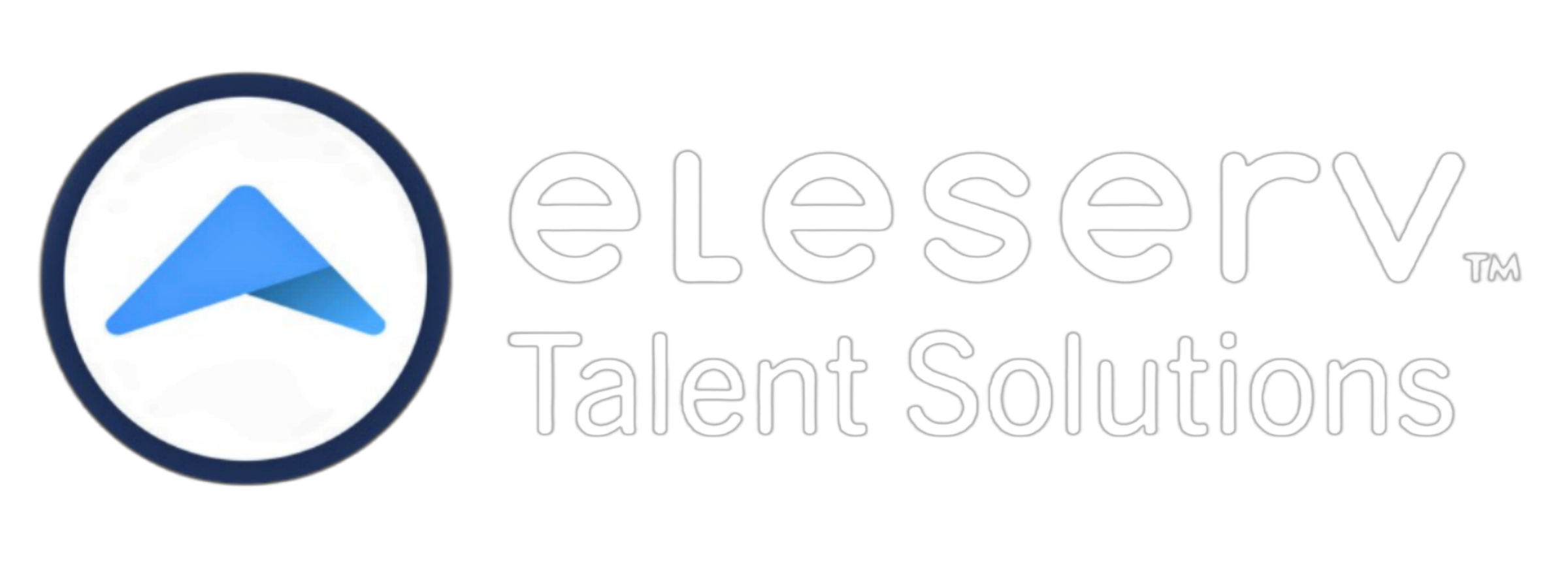How Critical Skills Drive Growth in Small and Midsize Businesses
Why Critical Skills Matter in Small Businesses
In the dynamic world of small and mid-size businesses, every team member plays a vital role. With lean teams and limited resources, there is little room for redundancy. This makes critical skills the must-have capabilities that directly impact success especially important.
Critical skills are not about completing a checklist. They are the core abilities that enable an individual to consistently contribute to high-value work and business goals. These might differ from one role to another, but the consequences of lacking them are universal: lower performance, stalled progress, and missed opportunities.
The Risk of Skill Gaps in Lean Teams
Larger organizations often have safety nets. If someone leaves or lacks expertise, others can step in temporarily. That luxury rarely exists in SMBs. Here, a single skill gap can delay projects, affect customer satisfaction, or throw off operations.
This is why identifying and developing critical skills is not optional, it is essential. Without a strategic approach, training becomes reactive and hiring turns into guesswork.
Turning Guesswork into Strategy
The key to making talent development a business enabler is clarity. Small businesses must take a step back and ask, what work truly drives our business forward? Not every task holds equal weight. Not every skill has equal value.
To make this distinction, begin by defining success in each role and identifying the skills that enable it. These could include technical expertise, decision-making ability, collaboration, or adaptability. Focusing on these core areas provides the direction your development strategy needs.
Using Skill Mapping to Identify Gaps
Once critical skills are defined, it is important to understand where your current workforce stands. A skill mapping approach, such as a skills matrix, gives leaders and employees visibility into both strengths and gaps.
Tools like SkillDirector offer intuitive self-assessment platforms where employees rate their capabilities against clearly outlined skill expectations. This approach creates shared understanding across the organization and helps prioritize development efforts.
Benefits of self-assessment tools include:
• Clear identification of critical gaps
• Increased employee ownership of growth
• A focused roadmap for development investments
Targeted Development That Drives ROI
For SMBs, budget and time are always at a premium. That’s why traditional blanket training programs often fall short. By focusing only on the skills that matter most, businesses can make training more efficient and more impactful.
This precision approach doesn’t require expensive programs. Instead, it encourages smarter learning whether through curated resources, peer mentoring, or on-the-job challenges designed to grow what matters most.
Targeted development leads to:
• Higher performance in key roles
• Reduced time to proficiency
• Stronger alignment with business goals
Building Engagement and Retention
Critical skills development doesn’t just improve business outcomes—it also improves employee experience. When individuals see that their growth is meaningful and directly tied to company success, they feel valued and motivated.
This connection between purpose and development strengthens loyalty and retention. Employees are more likely to stay with an organization that invests in their future and recognizes their contributions.
From Reaction to Resilience
Focusing on critical skills shifts the organization’s mindset from reactive to proactive. Instead of constantly scrambling to address performance issues or fill knowledge gaps, businesses can plan, adapt faster, and grow stronger.
The path forward is clear: define the skills that matter, assess your team, and invest in intentional, strategic development. In doing so, SMBs build a workforce that is not only skilled but resilient, confident, and future-ready.


